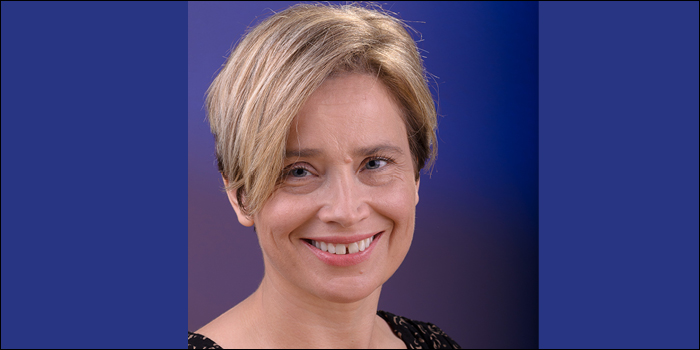Lindsey Grant, manager, general aviation at Phillips 66, discusses her role, developing an unleaded avgas, and technology enhancing the industry.
Tell BAI about yourself and your role at Phillips 66 Aviation.
I joined Phillips 66 in the UK in 1996. For the past 20 years, I’ve served in positions of increasing responsibility, including gasoline trader and national sales manager for the UK and Ireland. After relocating to Houston, I served as manager for strategic planning. In this role, I led various initiatives including the strategy currently in place for the general aviation team.
I’ve been leading our general aviation team for about a year and a half, overseeing performance of the group with responsibility for all strategies and programs. Phillips 66 is a key player in the industry and the team works hard every day to make sure our customers are getting the great service they expect from us.
What is Phillips 66 Aviation currently working on?
I’m excited about the work we’re currently doing to develop an unleaded avgas. We’re working with Afton Chemical – sister company to Ethyl Corporation – to develop an unleaded Grade 100 aviation gasoline (UL100) to replace 100LL.
For decades, Phillips 66 has worked alongside Ethyl Corporation to provide the highest quality Grade 100LL aviation gasoline to the piston aviation industry, and we’re excited to help meet future industry needs with the creation of this 100LL replacement.
What are the key trends impacting the business aviation market at present?
The economy is strong and corporate travel is increasing. We’re very optimistic about the future of business aviation. But with this increasing demand comes pressure to supply. As you can imagine, the aviation industry is exposed to all kinds of fuel supply issues, caused by weather, logistics, distribution problems, and so on. We don’t want these issues to impact our customers and inhibit the growth of our Phillips 66 branded FBOs.
Because we are a refiner as well as a supplier, our extensive network of refineries, pipelines and supply terminals help provide reliable and cost-effective supply across the country, and we’re equipped to handle growth in the industry. We’re continuously looking for opportunities to add to our network, so we can further help our FBOs grow with the strengthening economy.
How do you think the market will progress in the next decade?
In addition to the overall growth of the market, technology will continue to enhance our industry. Technology changed so quickly over the last decade and will continue to do so. As consumers, we all expect things to be instant, easy and convenient. For Phillips 66 – and for our FBOs – it means we have to provide services and products in the most convenient manner possible.
Our contract fuel program is a great example of this. The program doesn’t require fuel releases or contract fuel cards for processing, which streamlines the fuel sales process for customer service representatives and accounting personnel while minimizing delays. There are no fee or minimum volume to sign up and it offers a direct relationship with the refiner. It’s the type of convenience customers are increasingly looking for.
What does the next year hold for you?
Over the next year, we’re going to continue to be one step ahead in our programs, supply position and our customer relationships. We want to ensure our offering helps our network of FBOs grow their business and that our products continue to be of the highest standard and quality. This is an exciting time to be in aviation, and to be a part of Phillips 66’s rich history and future is truly special. Phillips 66 can apply more than 90 years of learning to help meet customer demands and we will prove that we’re also agile and adaptable to industry needs.





